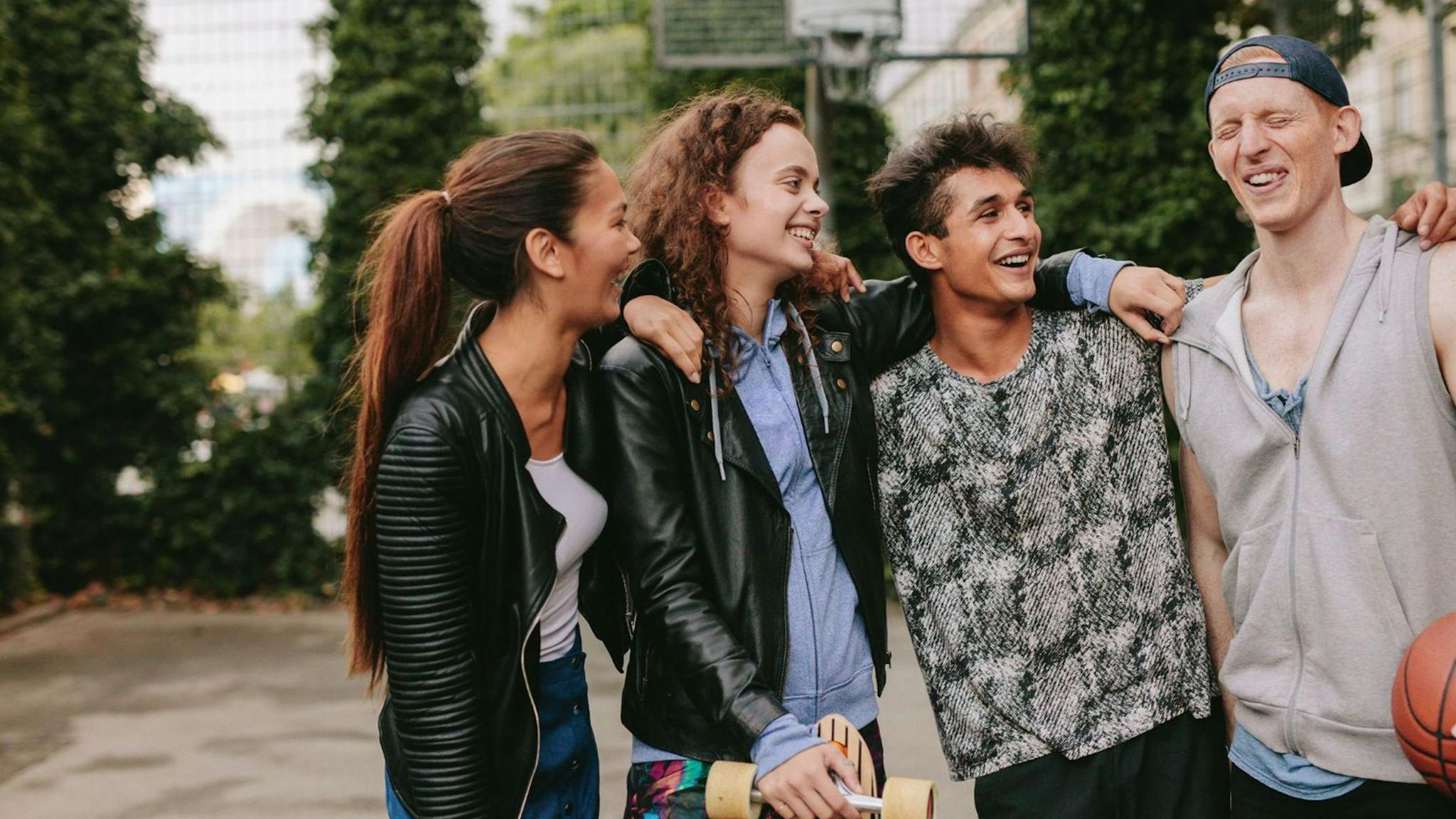Gratitude prepares teenagers for a better adult life!

Being grateful doesn't always come naturally to teenagers. This is partly due to the notion of rebelling against parental conditioning; being grateful is seen as being childlike and almost as a rite of passage the teenager feels they need to abandon gratitude to become an adult. The ungrateful teenager is a familiar stereotype. It's also because teenagers don't have the necessary life experience to form a mature appreciative perspective.
They also lack the required tools to cultivate the power of gratitude.
However, it's important that they learn to view the world from a grateful standpoint. Building resilience is a big part of growing up; being able to make adjustments in the face of difficulty is a big part of adulthood. We react more positively to adversity through the power of gratitude. Through gratitude we can foster more positive emotions such as joy, interest, contentment and love.
There is not just a strong connection between gratitude and resilience but also between gratitude and happiness. In fact, gratitude sits between resilience and happiness, giving us the much-needed tools to navigate our path through life's challenges towards a world of positivity and happiness.
How can we help our teenagers to reach this equilibrium and live happy lives? One way is to bookend the day with positivity. Start the day by encouraging our teenagers to think about positive intentions for the coming day and to eagerly anticipate the good parts of the day. End the day by encouraging them to make a list of all the things that they are grateful for which may or may not include the morning's perceived daily highlights!
Teenagers often feel isolated and they might become introverted or closed off. Gratitude not only makes us appreciate the good things in life, it helps us form connections with others by making us feel psychologically safe. If we are able to reach out to others, we will practice more gratitude, we will build stronger relationships with others, and have better peer support and more empathetic communities. The more grateful we are, the more we feel connected. People who practice gratitude have higher perceived levels of social support. We create a ripple effect of appreciating one another.
Martin Seligham, often considered to be the father of positive psychology went as far as saying:
A one-time act of gratitude can increase our happiness by 10% and reduce stress and depression by 30%
When we feel part of something, we create this safe environment and this creates even more gratitude.
Savouring and focussing on more positive emotions is a form of HRT (Habit Reversal Training) and counteracts negative emotions such as depression, anxiety and stress. Studies have shown that grateful people have higher levels of wellbeing.
Focussing on gratitude really does change our perspective on life. In doing so it not only makes us more positive, it also builds our resilience and helps us to face life's challenges. Gratitude is a choice; it's like a muscle, so we can strengthen it by exercising it every day.
If we give teenagers the tools of gratitude, top and tailing each day with positivity, reaching out to others and engaging in a grateful environment, and acting kindly towards others, we will make them more positive and more complete individuals and make the future world a better place!